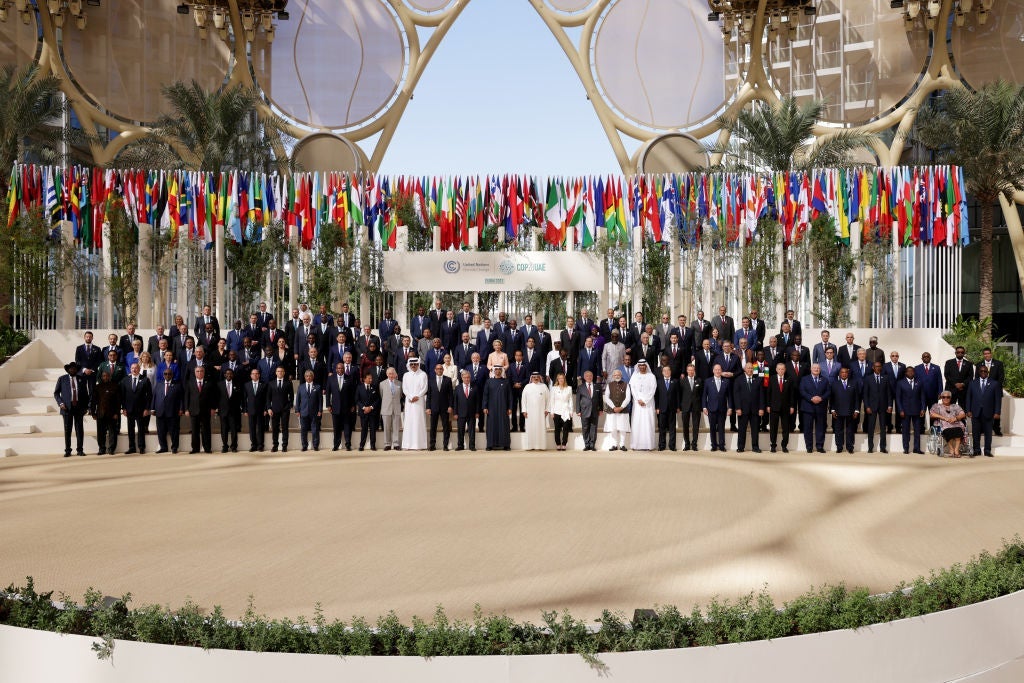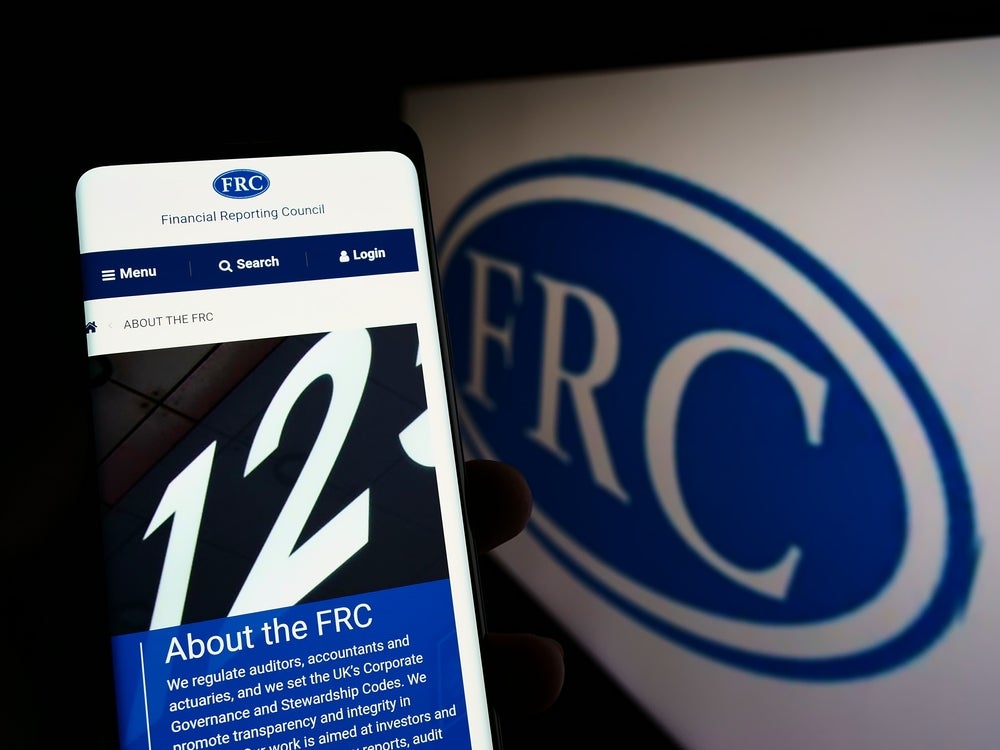A professional from Venezuela once told us something along the lines: the good thing about being an accountant from a business stand point is that no matter how bad or how good the economic environment is, you always have work and you are never out of business.
This echoes the words of a high profile IFAC figure, who at a recent congress said that thankfully there were not many accountants at traffic lights cleaning windshields.
2015 could serve as a testament to this idea. Complexity has become so much of a reality in the business environment that it has now become a bit of cliché to use the word. Nevertheless complexity is what businesses and firms have to face, most of it is not new and has been in the making in the last few years: increased regulation, increased public scrutiny, slow economic recovery and so on.
But maybe what gave 2015 a different flavour was the increased importance of social and environmental issues on the business environment. The threat of terrorism, war and tensions in the middle east, elections in key economies in Africa and Latin America, environmental disasters, and of course the so called "migrant crisis" which shook the foundation of the European Union.
Nevertheless International Accounting Bulletin world survey reports good performance across surveyed networks and associations.
Overall networks grew by an average 2% year on year, with combined fee income of US$162.6bn. The Big Four grew by an average 3% year on year, the same level of growth as the next six largest networks.
This year PwC just about overtook Deloitte at the top of the table by US$ 156m, with fee income of US$ 35.4bn in the year to 30 June 2015. Deloitte reported US$ 35.2bn in the year to 31 May 2015, losing the top spot it had occupied for the last two years.
How well do you really know your competitors?
Access the most comprehensive Company Profiles on the market, powered by GlobalData. Save hours of research. Gain competitive edge.

Thank you!
Your download email will arrive shortly
Not ready to buy yet? Download a free sample
We are confident about the unique quality of our Company Profiles. However, we want you to make the most beneficial decision for your business, so we offer a free sample that you can download by submitting the below form
By GlobalDataOther notable changes in the network rankings this year is RSM overtaking Grant Thornton as the sixth largest network globally.
RSM reported fee income of US$ 4,641.4m in the year to 31 December 2015, up 6%. Grant Thornton reported fee income of US$ 4,632.8 in the year to 30 September 2015, down 2%.
Also worth noting, PKF International dropped from the 12th position to the 15th mostly due to the latest development in North America.
Overall associations grew by an average 5% year on year, with combined fee income of US$23.3bn. Praxity remains the largest association globally with fee income of US$ 4.5bn in financial year 2015, up 3%.
The associations’s table has seen much more reshuffle in 2015 than the networks’s table with a few associations like MSI Global, KS International, INPACT, climbing up by one or two position.
In the top 10 largest associations the only notable change in the ranking is DFK International overtaking AGN International as the seventh largest association globally with fee income of US$ 1,241.9m in financial year 2015.
However these changes should be taken with a pinch of salt. The strengthening of the dollar in 2015, combined with currency devaluation in Latin America, China and Russia has played a tricky part in networks’s and associations’s financial reports. Often a decrease or a slow growth (below 5%) do not necessarily reflect an organisation’s operational results but are rather the effect of currency exchange.





